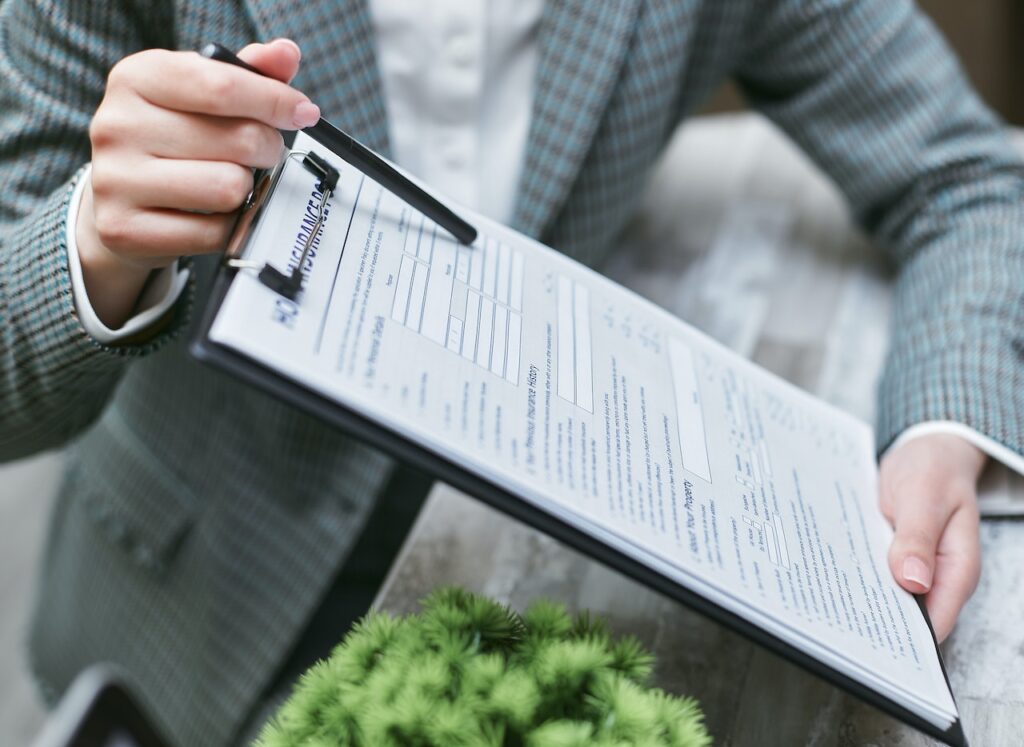Property damage reporting can be difficult, especially when there are a number of variables involved. No matter what obstacles you are facing, whether it is bad weather, on-site accidents or other negative scenarios, it is critical to take action and be a proactive and informed policy owner.
Listed below are the top tips for reporting a commercial property insurance claim.
#1: Maintain a complete record of all information
Be sure to gather all evidence before making a claim. The information may include photographs of the damage, an accident report, or other legal records. Be sure to keep a copy of your policy with you, and make a note of the telephone number you have contacted.
Furthermore, keep a record of any dates, times, and names that are given. Be sure to note the claim number as well. Find out the name of the representative you spoke or interacted with. In the event that conflicting information arises, you can protect yourself by tracking the information.
#2: Ensure that you are using the correct terminology
Take care not to misuse your words. The information you provide to your insurance company, as well as any information you gain, is crucial. Avoid predefined terms when discussing a business insurance claim.
For example, you may want to use the word flood sparingly. A simple water damage situation may not be indicative of a flood event. This is important to note because the use of the wrong terminology when filing a claim may lead to the voiding of your coverage.
#3: Request information on damage mitigation
You are typically required to mitigate any damage to your commercial property when purchasing an insurance policy.
A mitigation consultant can assist you in making sure that you have taken the necessary steps to secure your property. This step also helps ensure that you are not covering up any problems at the same time.
Most insurance companies require a personal inspection of the damaged property. For this reason, you must keep adequate records and notify them of any damage during the claim process.
#4: Take as many photographs as you can
With smartphones being a staple for anyone these days, photographic evidence is expected by default and is often very helpful when filing a claim.
Keep adequate copies of any photos you take, and upload them to a sharing website. The strength of a claim can be determined by the quality of its visual documentation.
#5: Consult the experts
You may not be able to determine the true extent of the damage until a damage investigation has taken place. Damages are easy to describe, but hidden factors are often difficult to detect. The full extent of your damages may require the assistance of an expert.
Make sure you keep records. Keep a written record of everything you do, and ensure that you are aware of any ongoing factors. It is possible for situations to arise long after the initial damage has been sustained. It is important that you take your time, consult the experts, and put your property first.


